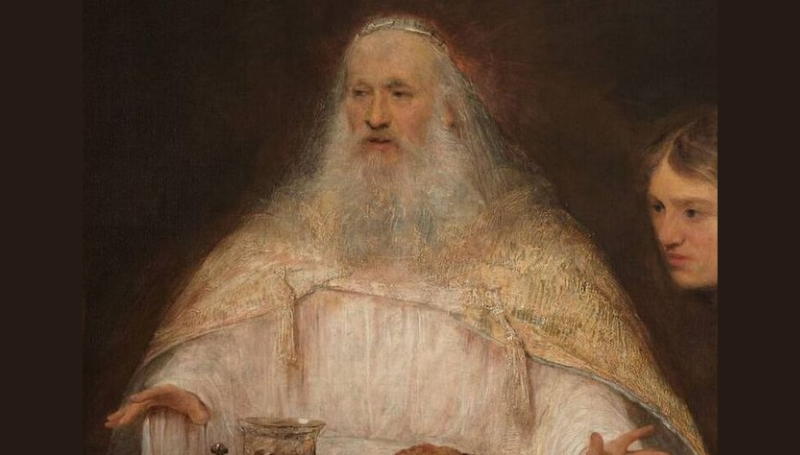Philologos
Mosaic Magazine, Nov. 14, 2024
“Ultimately, “Judeo-Christian” fell out of favor for being exclusionist and anti-Muslim. Once associated with liberal values, it was increasingly identified with the illiberal political right.”
In the Jewish world whose annual cycle of Torah readings recommenced last month, these are the weeks of Abraham. Last week was the reading of Lekh-L’kha, which tells of Abraham’s peregrinations after God’s summons to him to set out for “the land that I will show you.” This week it’s Vayera, which culminates in the trial of the near-sacrifice of Isaac.
And in the world of interfaith discourse with its books, programs, lectures, conferences, convocations, and proclamations, these have been the years of Abraham. The phrase “Abrahamic religions,” or “Abrahamic faiths,” rarely heard at the start of this century, can now hardly be avoided. Even U.S. presidents have gotten into the act. Barack Obama was first, followed by Joe Biden at a 2022 White House reception for American Muslim leaders on the occasion of Id-el-Fitr, the holiday marking the end of Ramadan. Commenting on its overlapping that year with Easter and Passover, Biden declared: “For the first time in decades, [the] three Abrahamic faiths all celebrate their holy days at the same time. Think about it. That’s a message, guys.”
It’s a message that the 46th president would have phrased differently had he been in office back in the 1990s. Not that interfaith relations weren’t a popular subject in America then, too. On the whole, though, the discussion of them did not include Muslims. It was restricted to Christians and Jews, and its favorite catch phrase was “the Judeo-Christian tradition.”… [To read the full article, click here]


